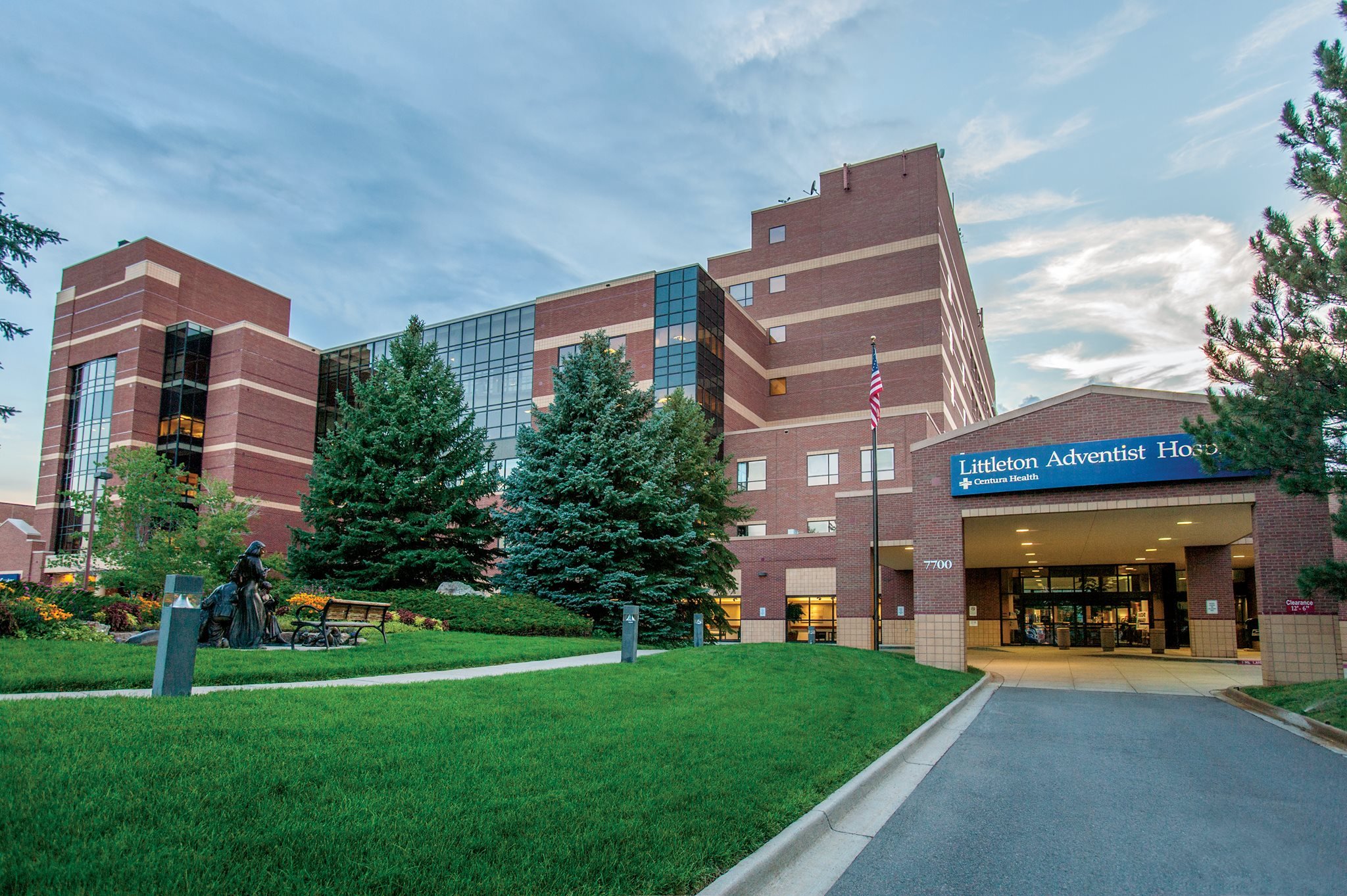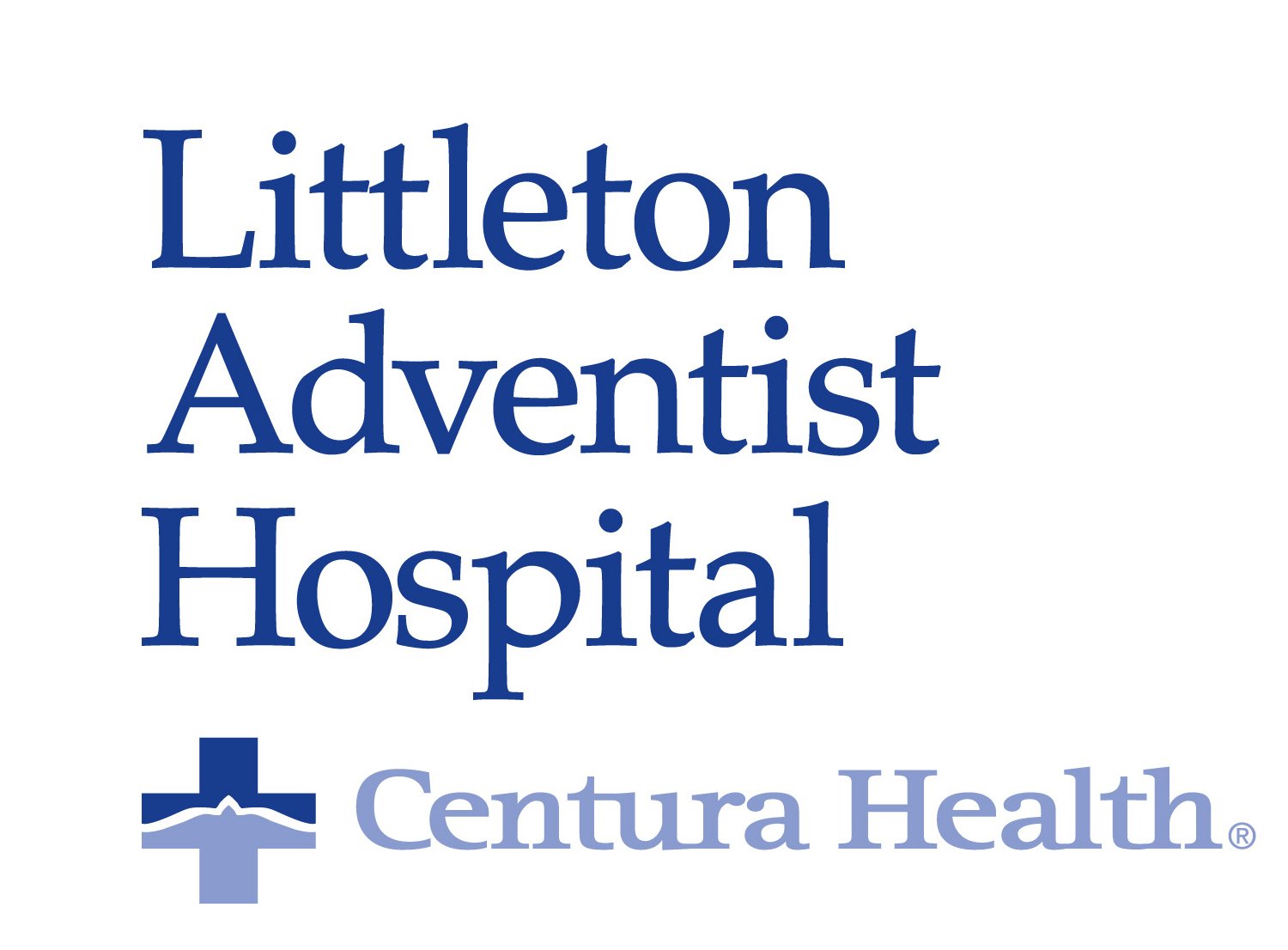Women may not feel heart attack symptoms the same way men do.
Modern science has developed many medical and surgical procedures to treat heart disease; however, the most important thing is to address the underlying causes: high fat and high cholesterol diets, cigarette smoking, high blood pressure, stress, physical inactivity, and diabetes. Through a combination of medical therapy and changes in your lifestyle, you can stabilize or even reverse the progression of heart disease.
Did you know?
Heart disease is the leading cause of death for women, with approximately 1 in 3 women dying from some form of heart disease and stroke. Studies show that women often delay seeking medical care for angina or heart attack symptoms.
You may feel any of these symptoms when having a heart attack:
- Discomfort or pressure around your chest that lasts more than a few minutes. It may spread to your left arm or jaw
- Sweaty and pale
- Nauseous and/or indigestion type feeling that does not go away
- Short of breath
Instead of chest pain, women often experience:
- Upper back, arm, neck and/or jaw pain or discomfort
- Extreme fatigue
- Difficulty breathing
- Indigestion
- Nausea/vomiting
- Palpitations and weakness may also be present
Symptoms of older adults may not include chest pain but rather:
- Shortness of breath
- Nausea/vomiting
- Pre-syncope (feeling like you are going to pass out) or syncope (passing out)
Adults with diabetes are two to four times more likely to have coronary artery disease (CAD) than those without diabetes. Diagnosis is often difficult since diabetics are frequently asymptomatic due to neuropathy. Instead, symptoms such as chest pressure, shortness of breath, and fatigue. If you are diabetic, it is very important to closely monitor your blood pressure, cholesterol and blood glucose levels to help lessen the probability of a heart attack.
Learn to recognize the warning signs of a heart attack. The key to survival is to act quickly if your experience signs or symptoms described above. Do not drive yourself to the hospital. Call 9-1-1 so you can receive immediate care to save your life!

Each month, Littleton Adventist Hospital brings Health & Wellness "news you can use"
to our Macaroni Kid families. You can also find them online and on Facebook.

7700 S Broadway, Littleton, CO 80122
WEBSITE | FACEBOOK | TWITTER


